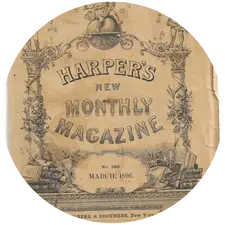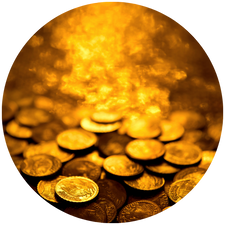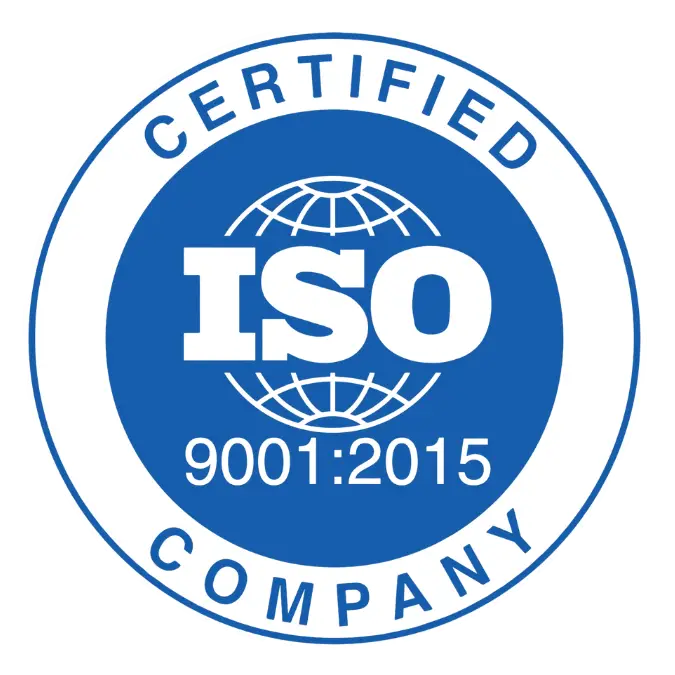What are PGMs, and why do they matter to your industry? PGMs (an abbreviation for Platinum Group Metals) are six noble, rare, and valuable metals used in cars, electronics, and industries. They improve efficiency and support innovation.
Whether you’re a manufacturer, recycler, or investor, understanding their value is essential for maximizing returns. This article will explore the properties, uses, and market trends of PGMs.
What Are PGMs?
Platinum Group Metals (PGMs) include six rare metals: Platinum (Pt), Palladium (Pd), Rhodium (Rh), Iridium (Ir), Ruthenium (Ru), and Osmium (Os). They are known for their:
- High melting points (1,500–3,000°C)
- Exceptional corrosion resistance
- Excellent catalytic properties
Although PGMs only account for just 0.0155 ppm per million of the Earth’s crust, they have a huge industrial impact.
Platinum (Pt)
Platinum is a heavy, silver-white metal that has a high melting point of 1,768°C. It doesn’t rust and is very strong.
Around 50% of all platinum is used in catalytic converters to reduce car pollution. Platimum is also very safe for the human body. Therefore, it is used in pacemakers and chemotherapy drugs.
Palladium (Pd)
Palladium is 30% lighter than platinum and melts at 1,554°C. Palladium is crucial for gasoline catalytic converters, but not directly for electric vehicles (EVs) since EVs do not have catalytic converters. However, it does play a role in hydrogen storage and fuel cells. In 2021, there was a huge demand for palladium, which drove its price above gold.
Rhodium (Rh)
Rhodium prices fluctuate, but historically, it has reached prices significantly higher than gold, sometimes up to 20 times more. It depends on market conditions. Rhodium is shiny and used in catalytic converters to cut nitrogen oxides. Jewelry production and optical coatings use rhodium for a mirror-like look.
Iridium (Ir)
Iridium is one of the hardest PGMs and melts at 2,447°C. This metal can work in extreme conditions. Therefore, NASA uses it in spacecraft and deep-space communication systems.
Ruthenium (Ru)
Ruthenium is mostly used in electronics, needing just 0.1 grams to coat a square meter of hard disk platters. It also makes platinum and palladium alloys stronger and helps electrical contacts last longer.
Osmium (Os)
Osmium (Os) is a dense, hard, bluish-white metal with the highest density of any element. Osmium is highly resistant to corrosion. It is mainly used in alloys. Fountain pen tips, electrical contacts, and surgical implants often use this metal. Osmium tetroxide is toxic and needs careful handling.
Uses and Applications of Platinum Group Metals (PGMs)
Platinum group metals (PGMs) are valuable materials with a wide range of uses due to their durability, resistance to corrosion, and excellent catalytic properties. They are essential in many industries, including:
- Catalytic Converters – Platinum, palladium, and rhodium reduce car pollution. Over 80% of palladium and rhodium are used for this, making it the top PGM market.
- Jewelry – Platinum and palladium are well-known, strong, and elegant, perfect for fine jewelry. In 2022, global platinum jewelry demand was 75 metric tons.
- Medical Uses – PGMs are in pacemakers, dental implants, and cancer treatments. Nearly 50% of cancer patients have been saved using platinum-produced drugs.
- Automotive & Aerospace – Car parts, jet engines, and fuel cells can perform better with PGMs. They boost efficiency and durability.
- Industrial Uses – Iridium and ruthenium are more often used in glassmaking, while platinum and palladium are applied as cracking catalysts in petroleum refining.
- Consumer Electronics – Small amounts of PGMs are in hard drives, circuit boards, and connectors. They improve device performance.
- Precision Instruments – PGMs are used in lab tools, sensors, and scientific equipment. They help ensure accuracy in research.
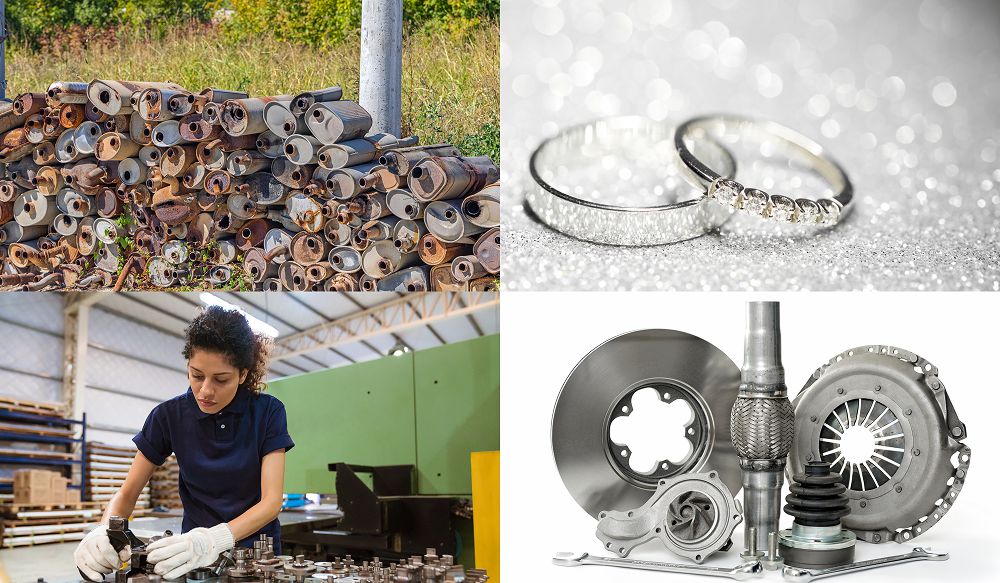
PGMs Global Market
Where Are PGMs Produced?
PGM production is concentrated in a few countries:
- South Africa is the top producer. It supplies 93.5% of iridium, ruthenium, and osmium. It also provides 81% of rhodium and 70.8% of platinum.
- Russia leads in palladium production with 40%. It also contributes 12% of platinum and 10% of rhodium.
- Zimbabwe plays a smaller but key role. It produces 8% of platinum, 6% of rhodium, and 4.9% of iridium, ruthenium, and osmium.
- Canada contributes 9.9% of palladium, strengthening its global market position.
Value Market
The PGM market is driven by demand from the automotive and industrial sectors. Prices are influenced by supply constraints and technological advancements. In 2023:
- Platinum traded at $1,000 per ounce
- Palladium traded at $1,500 per ounce
- Rhodium reached $9,000 per ounce
The global PGM market is valued at $26.81 billion in 2024. It is expected to grow to $35.14 billion by 2030, with a CAGR of 4.6%. Growth is expected to be driven by hydrogen fuel cells. Green energy solutions will also contribute to this growth.
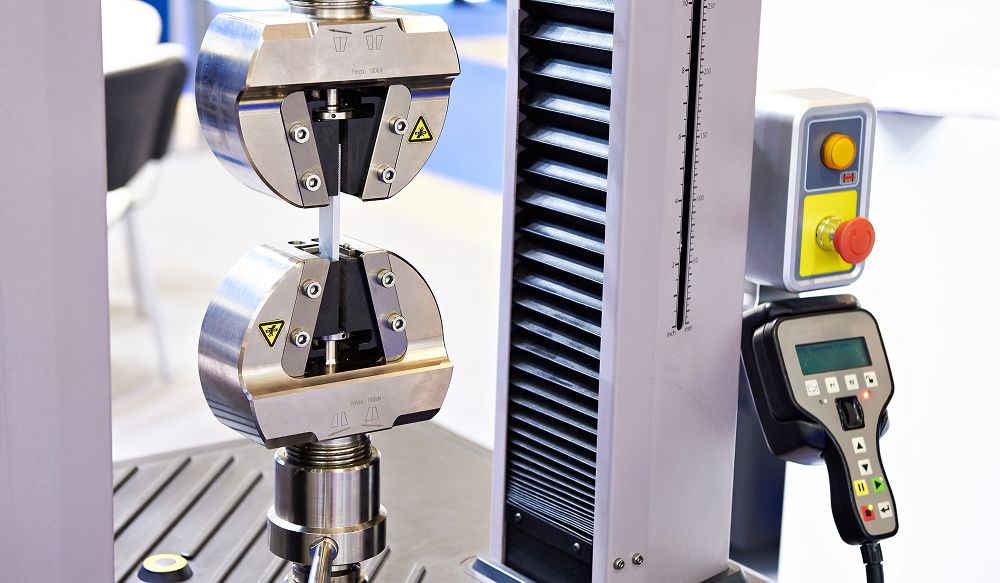
Accurate measurement of platinum, palladium, and rhodium is essential for manufacturers and recyclers. Ledoux & Company, an ISO 17025 accredited laboratory, offers expert testing to determine the value of these metals in ore, catalysts, and recycled materials.
With the growing demand for PGMs, recovery from electronic waste and industrial catalysts is an important alternative to mining. Precise testing helps businesses maximize value and efficiency. Ledoux & Company provides trusted catalyst testing for PGMs. This enables industries to make well-informed decisions.
Optimize Your PGM Investment with Ledoux
Accurate measurement of platinum, palladium, and rhodium is essential. These metals belong to PGMs. Manufacturers and recyclers rely on precise testing. Ledoux & Company, an ISO 17025 accredited laboratory, offers expert testing. It determines metal value in ore, catalysts, and recycled materials.
With increasing demand, the question arises, “What are PGMs?” PGMs, or Platinum Group Metals, are valuable resources. Recovery from electronic waste and industrial catalysts is an important alternative to mining. Precise testing helps businesses maximize value and efficiency. Ledoux & Company provides trusted commercial analysis. It helps industries make informed decisions.









